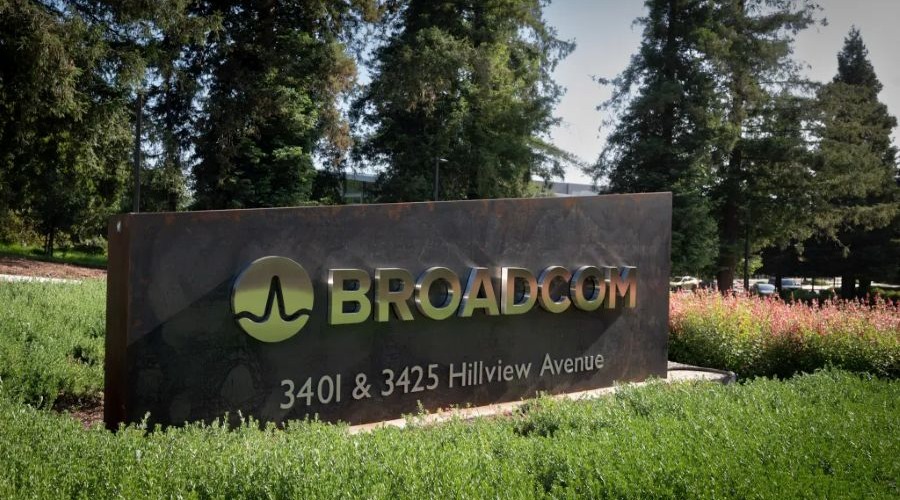Black Friday sales aren't just about shopping till you drop (or your clicking finger gets tired) —it’s an economic litmus test for consumer spending and market trends. Brace yourself.
Black Friday Sales - The Day Consumer Spending Goes Pro
If Thanksgiving is often associated with gluttony, Black Friday is its capitalist encore. It’s when Americans trade turkey legs for shopping carts – and the rest of the world follows along - and economists sharpen their pencils. For the markets, Black Friday isn’t just about snagging a discounted air fryer; it’s a barometer of consumer confidence, retail health, and—believe it or not—the broader economy.
Every year, retailers brace themselves for a spending frenzy that could make or break their annual earnings. Meanwhile, the stock market watches nervously as the holiday’s receipts start rolling in. Last year, online sales hit record levels. Will this year’s sales mark a rebound, or will inflation fears and tightened wallets cast a shadow over the shopping season?
When is Black Friday?
Black Friday traditionally falls on the Friday after US Thanksgiving, making it a moving feast of economic chaos every November. This year, it lands on November 29th, unleashing a tidal wave of deals, doorbusters, and fiscal anxiety.
That said …. The lead-up to Black Friday often sees retailers firing the first shots with early discounts, but the day itself remains a critical gauge of consumer behavior. For investors, it’s not just about watching sales figures—it’s about reading the tea leaves for what’s to come during the holiday season.
So, when is Black Friday? Technically, the 29th. But deals are live now and often have been for a week. It’s like Christmas. It comes earlier every year.
The Retailers’ Cage Match: Winners and Losers
Black Friday is the World Cup for retail giants, with huge players like Best Buy and Macy’s in the States, and, internationally, Amazon, vying for supremacy. Interestingly, this year's sales could offer insights into which companies have adapted to a post-pandemic economy—and which are still floundering.
Big-box retailers typically ride high during this weekend, while smaller, niche players often struggle to keep up. But it’s not just about who sells the most—it’s about how they do it. Companies investing in e-commerce and efficient supply chains often emerge victorious, while those stuck with outdated models might find their stock prices lagging on Monday morning.
And let’s not forget tech. From smartphones to smartwatches, this is the weekend when gadget companies unveil discounts designed to empty your bank account. For investors, it’s a moment of truth: will these discounts eat into margins, or will they drive enough volume to keep stocks buoyant?
Bitcoin and Black Friday: A Digital Currency Twist
Black Friday isn’t just about flat-screen TVs anymore—it’s also a critical time for cryptocurrencies . Bitcoin has been a volatile player in the Thanksgiving weekend lineup, with crypto enthusiasts tracking its performance alongside traditional markets.
One of many.
While retail stocks rely on consumer spending, Bitcoin ’s Black Friday performance often hinges on broader market sentiment. Will the promise of crypto discounts spur adoption, or will the uncertainty send prices tumbling? Either way, this shopping holiday has become a litmus test for more than just traditional assets and some crypto platforms are going all in.
Consumer Spending: The Real Market Indicator
At its core, Black Friday serves as an economic crystal ball. The data gathered from this shopping extravaganza often sets the tone for holiday-season spending. Consumer spending trends during Black Friday weekend can indicate whether households feel financially secure—or whether they’re tightening their belts.
Clever, clever, clever.
For the stock market, the stakes couldn’t be higher. Strong sales could buoy retail stocks and drive optimism across the board, while weak results might dampen market sentiment. As Investopedia highlights, a disappointing Black Friday can sometimes trigger sell-offs in retail-heavy indices like the S&P 500.
The Black Friday Ripple Effect
Beyond individual stocks, the sales have a broader impact on market sectors and even economic policy. Robust spending can signal that consumers are resilient despite inflationary pressures, encouraging optimism among policymakers and investors alike. Conversely, sluggish sales might reinforce fears of a slowdown, potentially influencing the Fed’s next move.
But it’s not all doom and gloom. This time of year also offers a glimpse into innovation. From AI-powered shopping assistants to blockchain-backed e-commerce platforms, tech advancements are reshaping how we shop—and how the markets react.
Not Just a Shopping Spree
Black Friday is far more than a day of chaotic crowds and overstuffed shopping carts. It’s a high-stakes performance review for retailers, a bellwether for the economy, and even a proving ground for digital currencies. Whether you’re a trader, a tech enthusiast, or just someone hunting for a deal, this Thanksgiving weekend offers a fascinating window into the health of the market—and the wallets of consumers everywhere.
For more stories in and around finance, visit our Trending pages.


















